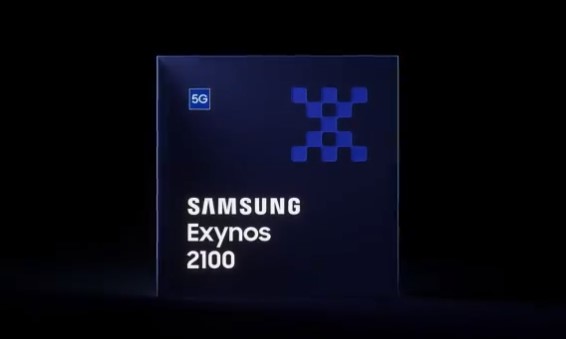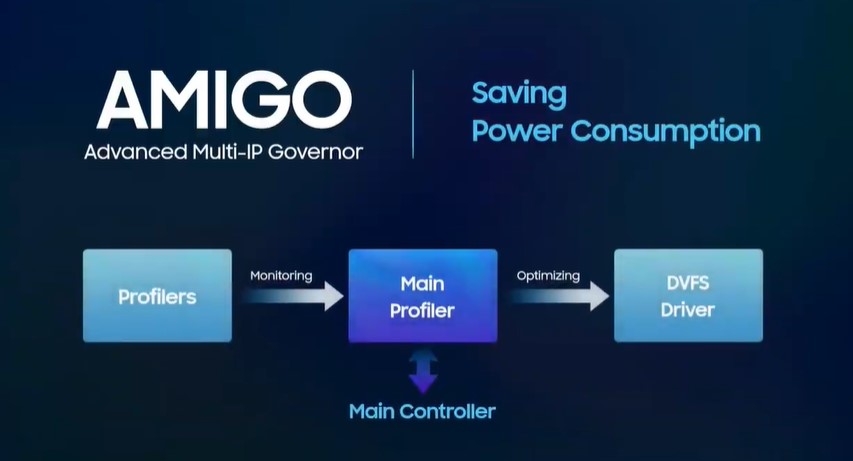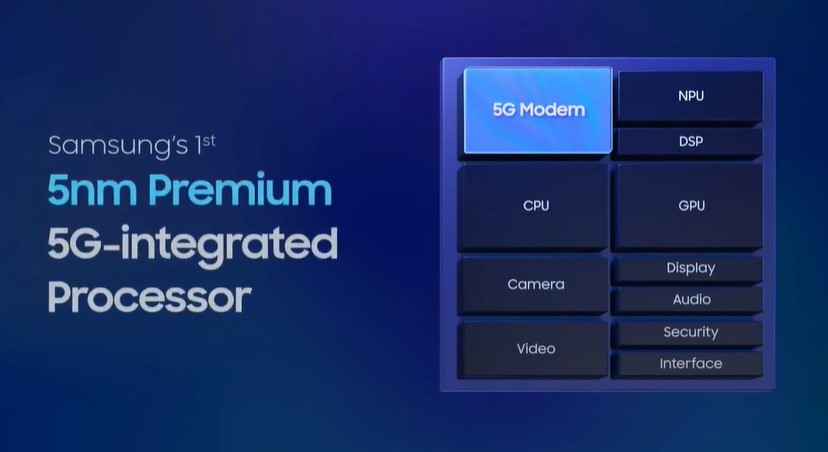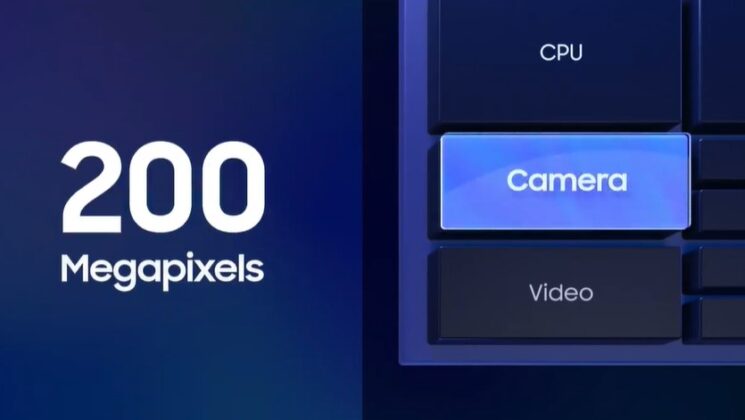Samsung has unveiled its new flagship chipset. The Exynos 2100 processor is a 5nm chipset with significant upgrades in CPU, GPU, and AI performance and it also comes with a built-in 5G modem.

The Exynos 2100 5nm processor is built on the 5nm EUV process node. The new chip has an octa-core chipset with a 1+3+4 core arrangement. There is a prime Cortex-X1 core clocked at 2.9GHz, three high-performance Cortex-A78 cores, and four Cortex-A55 power-efficient core. Samsung says that the new CPU brings a 30% increase in multi-core performance and a 19% increase in single-core performance over the previous generation.
Inside the new processor is the Mali-G78 GPU that brings more than a 40% increase in graphics performance. The GPU has 14 cores which are significantly fewer than the Kirin 9000‘s 24 cores.

A new feature that has been added is AMIGO (Advanced Multi-IP governor) technology “which overlooks and optimizes power usages of CPU, GPU, and other processes, allowing longer use time even with intense on-screen activities.”
EDITOR’S PICK: Chip Battle: How does the Exynos 1080 compare to the Snapdragon 888?
There is also a new ISP that brings support for camera resolutions up to 200MP. The new ISP has support for up to six cameras and can process four simultaneously. AI brings features such as fast and seamless recognition of objects, scenes, and faces. Content-aware image processing helps adjusts dynamic range, exposure, noise, sharpness, white balance, and color so that your images can turn out great.
The Exynos 2100 also brings support for 4K recording at 120 FPS and 8K playback at 60 FPS. It also the first chipset with an AV1 decoder for 8K video.
There are three NPU cores inside the Exynos 2100 and Samsung says that processing power has increased from 15 TOPS (trillion operations per second) to 26.

The 5G modem brings support for both sub-6GHz and mmWave spectrums and boasts downlink speeds of up to 5.1Gbps for the former and up to 7.3Gbps for mmWave networks.
While Samsung didn’t say which smartphone the chipset will appear in, we know it is the Galaxy S21 series that is launching on Thursday, January 14. However, it did say that the chipset is already in mass production.
UP NEXT: Apple to lead in 5nm chips in 2021, while Samsung only reaches third the spot










